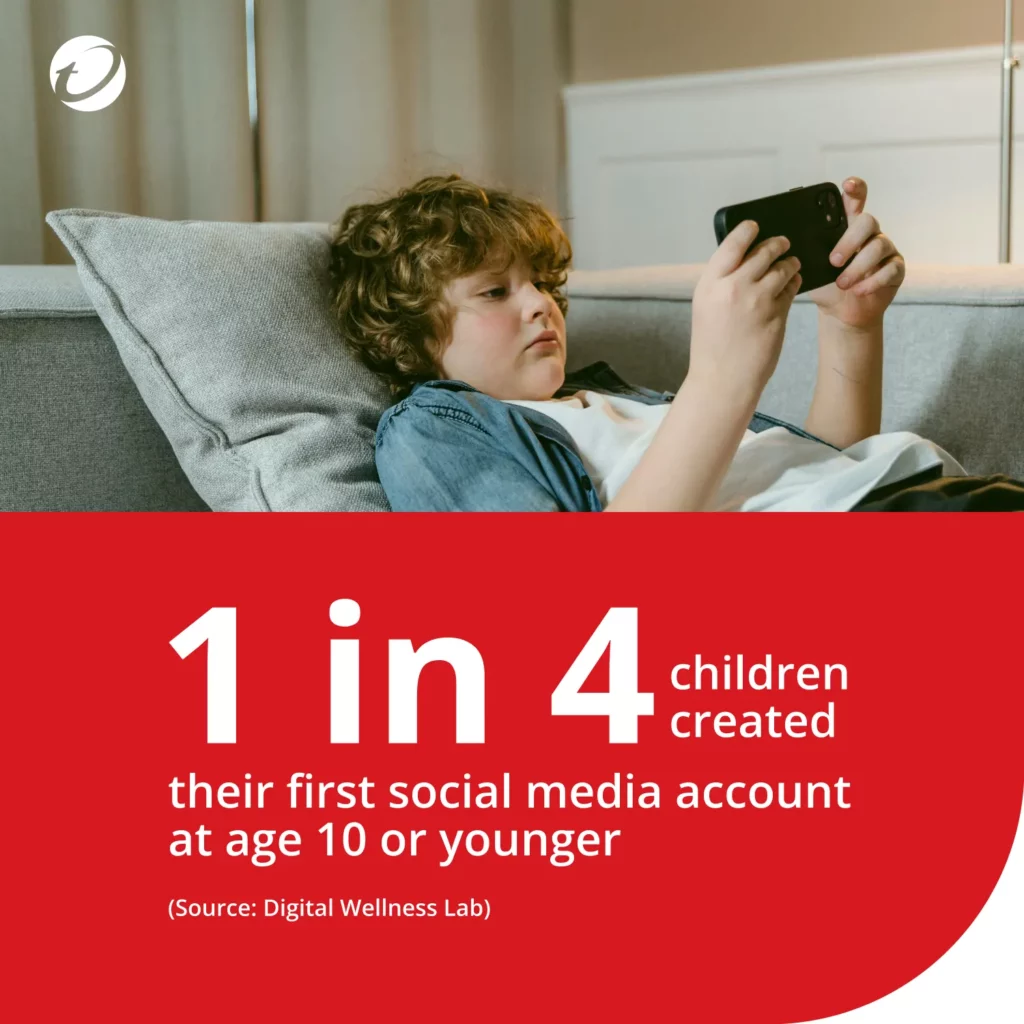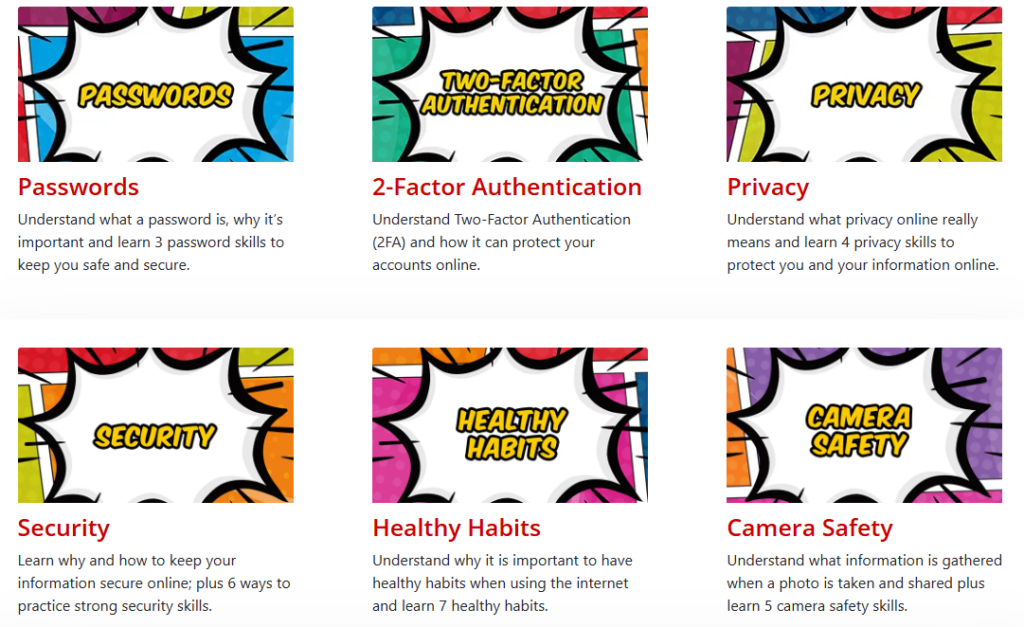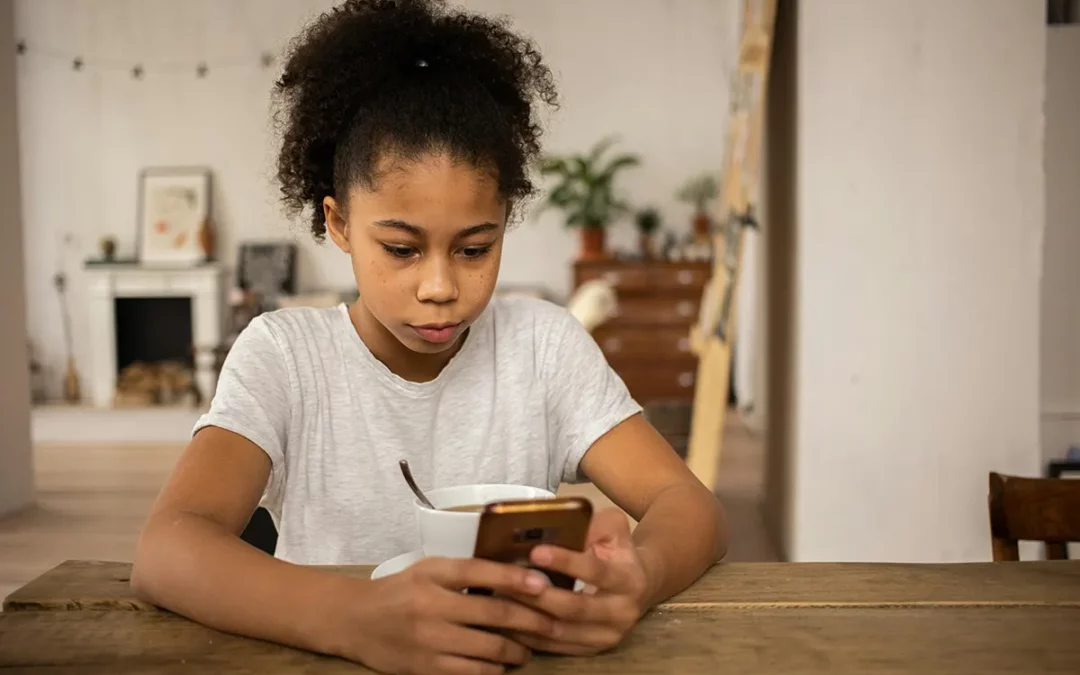World Social Media Day, founded by Mashable on June 30, 2010, celebrates the digital revolution that has reshaped our lives. This event unites people globally, highlighting the transformations brought about by social media. The hashtag #SMDay will trend internationally, inviting everyone to join in.
Social Media: Pros and Cons
As social media has grown, so has scrutiny over its impact. Concerns about data privacy, hate speech, mental health, election influence, and misinformation have led to calls for greater transparency and accountability from these platforms. Despite these challenges, social media has undeniably transformed for the better how we connect, share information, and entertain ourselves. It serves as a vital news source, a marketplace, a platform for influencers, and a space for global interaction. World Social Media Day is an opportunity for us all to reflect on our use of social media, and perhaps make some changes too. Let’s first take a look at its benefits and risks:
Benefits:
- Keeping in touch with friends and family
- Finding support and communities
- Showcasing and sharing passions
- Access to information, online courses and learning new skills
- Entertainment
- Raising awareness and mobilizing activism for social issues
Risks:
- Exposure to inappropriate content
- Cyberbullying and harassment
- Privacy issues and identity theft
- Disruption to concentration and sleep
- Overuse which impacts many aspects of day-to-day life
- Mental health issues such as anxiety, depression, loneliness, and low self-esteem
- Exposure to misinformation
Best Practices for Safe and Responsible Social Media Use
Many parents and educators share a natural concern for the safety and well-being of young people who use social media. By following these best practices, you can help your loved ones use social media safely and responsibly, maximizing its benefits while minimizing its associated risks.
1. Open Communication
Foster an environment where your young person feels they can come to you with any problems they may face. Open and honest communication is crucial for their online safety so have regular check-ins with your young person about their online experiences. This helps you stay informed about their activities and provides an opportunity to address any concerns they might have. Nurturing a trusting, open and honest relationship will provide comfort for both you and your young person.
2. Planning
Hold a family meeting to create a social media usage plan. Discuss boundaries and agree on rules, such as a social media curfew to promote better sleep. Engage your young person in conversations about the apps they use, research new ones together, check the reviews and age restrictions and ask them about their likes and dislikes. Highlight both positive and negative aspects to build a balanced framework.

3. Privacy Settings
Review the privacy and safety settings of social media platforms together. Show them or learn together how to adjust privacy settings to control who they allow to see their posts and personal information. Encourage them to regularly review and update their privacy settings, especially when new features are introduced. Talk about the importance of privacy online. Explain that sharing too much personal information can put them at risk of identity theft, cyberbullying, or other forms of online harassment. Help your children understand that once something is shared online, it can be nearly impossible to completely erase it.
4. Oversharing
Explain the dangers of oversharing personal information. Young people often don’t grasp the potential consequences, so it’s up to parents and educators to explain why it’s harmful and the risks involved. Young people must understand why it’s important not to share their personal identifiable information online such as their phone number, address, school, or photos.
5. Protecting Location
Discuss the importance of not sharing location on social media. Learn how to disable location services together and maybe, wait until you return home before posting any vacation photos. Practicing camera safety when taking and sharing photos online is an important topic to talk about. Remind them to be mindful of what is visible in their photos, such as landmarks, license plates, or identifiable background details that could compromise their privacy or safety. For further guidance on protecting your location, refer to our YouTube series of short videos which demonstrate how to hide your location across multiple apps on iOS, Android, and desktop devices: Protect Your Location.
6. Digital Citizenship
As young people join the online community, learning how to navigate social media and other aspects of life online in safe, secure, digitally literate, and ethical ways is what being a good digital citizen is all about. Our role as parents and educators is key to ensure we provide that education and support that enables them to become good digital citizens. Important also is to encourage kindness and empathy online, equipping them with strategies for handling unkind or hurtful behavior, such as blocking or reporting abusive users and seeking support from trusted adults. The Digital Wellness Lab has a wealth of great resources for this.
7. Celebrate Online Success
Acknowledge and encourage the great uses and benefits that the online world offers. Celebrate your young person’s achievements, whether it’s showcasing their talents, winning competitions, creating content, or excelling in gaming. Balance discussions about online risks in social media with the benefits.
8. Understanding Social Networks
Familiarize yourself with the social media platforms your young person uses or wants to use. Research online to understand the minimum age of the app, its appealing features, safety settings, and potential risks. Create your own account to engage with your young person and stay informed about their online activities. If they encounter any situation that upsets or worries them, knowing that you use social media yourself, means that they may be more inclined to talk to you about it.
9. Monitoring and Parental Controls
Use parental control tools and monitoring software to keep track of your young person’s online activity. This can help you identify potential issues early and guide your young person towards safer online behaviors. Tik Tok guardian guide, Instagram family center, YouTube family, Apple family, and Google Family Link all have excellent resources to support you.
10. Educate About Misinformation
Talk about the prevalence of misinformation and disinformation online. Show examples as you come across them yourself. Teach them how to critically evaluate sources, fact-check information, and seek out reliable sources of news and information. Encourage them to question what they see online and to be cautious of spreading false or misleading content that may harm others. Refer to useful resources like NAMLE’s Parents Guide to Media Literacy and Trend Micro’s Cyber Academy — see more below!

11. Online Behavior
Acknowledge that everyone especially young people make mistakes online and offline. What’s more important are the actions and learnings your young person takes away when they realize their wrongdoings. A word of caution; while confiscating devices may feel like the right thing to do, it may also discourage your young person from coming to you in the future. Focus on teaching them about consequences beyond punishment and encouraging better behavior in the future.
12. Lead by Example
Be a positive role model by practicing good online habits yourself. Reflect on your own relationship with your device and social media accounts. Show your young person or learn together how to use privacy and safety settings responsibly and respect others’ privacy online.
13. Choose Green Time over Screen Time
Consider scheduling family digital detox days occasionally, especially during holidays when families spend more time together. Engage in activities like board games, sports, or hikes to reduce screen time and spend quality time together. Although challenging at first, over time you might be surprised by how much everyone looks forward to it. Promote a healthy balance between online and offline activities encouraging hobbies, sports and other interests. Another idea is to designate certain areas of the house as “device-free zones,” such as the dining room or bedrooms, to have more face-to-face interactions and ensure better sleep hygiene.
14. Caution Before Clicking
Discuss the potential risks of clicking on ads, links in direct messages, or unfamiliar websites. Encourage your young person to be skeptical of unsolicited messages or requests and to verify the legitimacy of sources before clicking on any links or providing personal information online.
15. Fake Accounts and Predators
With deepfakes, fake accounts and people who lie about their identity online it is important to talk about the importance of being wary of friend requests or messages from people they don’t know in the real world. One useful way to spot a fake social account is by reverse image searching photos using Google Images. Encourage them to report suspicious behavior or accounts to the platform and to talk to you.
A Helping Hand from Trend Micro on World Social Media Day
Trend Micro’s Internet Safety for Kids and Family (ISKF) program offers free internet safety talks and workshops around the world since 2008. To mark World Social Media Day, why not try out some of our Cyber Academy lessons with your family, such as Kindness, Time Online, and Privacy.

You can also visit our Events page to discover great webinars and events. We have a great archive of recorded webinars with leading cyber safety experts, FREE to view and EASY to access, right here. Topics include:
- Selfie Safety: Helping Kids Prevent Risks with Cameras
- Let’s Talk TikTok
- How to Handle Bullying When We Are Always Online
In summary — with best practices, the right resources, and healthy open communication, parents and educators can ensure young people continue to have a healthy relationship with the world of social media. Happy World Social Media Day 2024!
Avril Ronan is Global Program Manager of the Internet Safety for Kids and Families Program at Trend Micro. Avril is best known for working in community; engaging students, parents, educators and senior citizens in the conversation about online safety. The ultimate goal of each conversation is to empower people to be online in safe, responsible and successful ways. As a regular public speaker, Avril collaborates with academia, law enforcement, industry and government having coordinated and delivered programs to date around the world such as What's Your Story?, Cyber Academy (now in 19 languages), and the #StayAtHome
Webinar Series.
